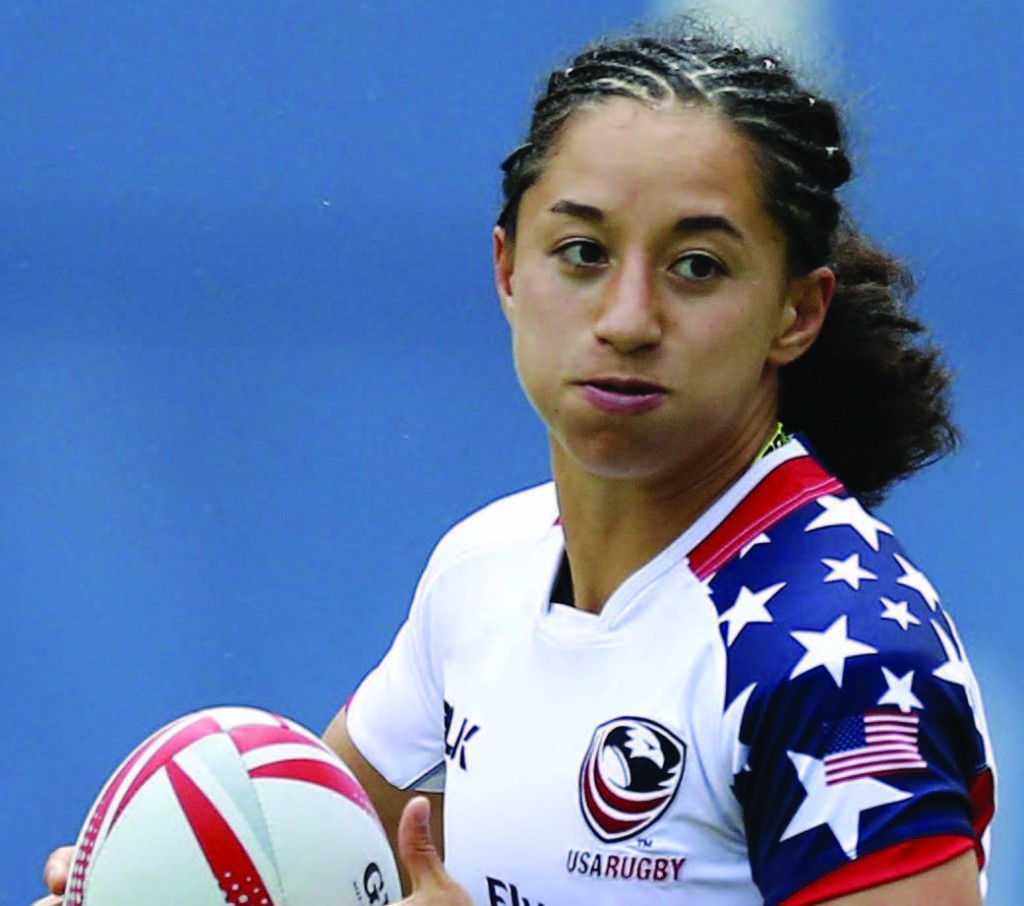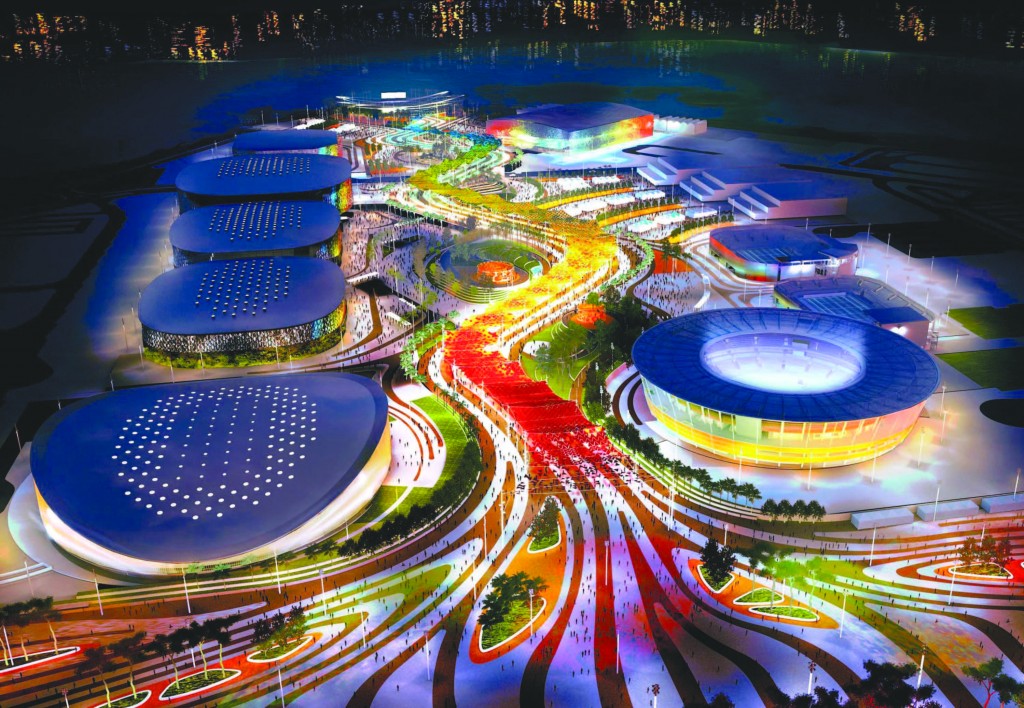More out LGBT athletes than ever are competing at the 2016 Summer Olympics in Rio. Yet those athletes, numbering at least 43, represent just a fraction of all members of our community who will be going for the gold. Some estimates hold that 500 LGBT athletes will be competing at the games, and that figure could be on the low side.
The Olympic size of the closet might at first seem surprising, given how certain other media have indicated we have turned a corner concerning inclusivity in sports. After all, many major sports teams have LGBT nights. Organizations like the You Can Play Project work to improve the playing field in all respects for LGBT athletes. Several well-known sports figures like Robbie Rogers, Jason Collins and Michael Sam have made headlines in recent years. Even the International Olympic Committee’s Olympic Charter (https://stillmed.olympic.org/Documents/olympic_charter_en.pdf ) now includes the following as its sixth rule:
“The enjoyment of the rights and freedoms set forth in this Olympic Charter shall be secured without discrimination of any kind, such as race, color, sex, sexual orientation, language, religion, political or other opinion, national or social origin, property, birth or other status.”
So what is the problem?
“People will try to point to the fans,” Cyd Zeigler, a founder of Outsports.com told Chris Hine of the Chicago Tribune. “Some people will try to point to the coaches. Some will try to point to the front offices. Some will try to point to the media. But at the end of the day despite all those things, nobody has chosen to do it. Social change happens when somebody just decides to do it, and nobody decided do to it.”
The reasons why are complex and concern everything from gender stereotypes and expectations—such as what it means to be a ‘strong and tough man’—to concerns that being out could threaten sponsorships, fan reactions and even locker room dynamics. Bravery beyond the usual challenges of sports is required to face these and other related problems, particularly in Rio, given that Brazil has one of the world’s highest percentages of LGBT hate crimes.
Achieving LGBT equality in sports remains an ongoing struggle, yet like all of our community’s hard-fought gains, every step in the right direction is cause for celebration. We therefore honor many of Rio’s Team LGBT in this issue, starting with out and proud rugby great Kelly Griffin who was born and raised in Berkeley, where she went to Berkeley High School and played basketball and soccer. Griffin channeled her sports drive into rugby while a freshman at UCLA and has not looked back since.

“For me, I play rugby because I love the game and it has given me the most enjoyment, the best friends … it has made my life so much better than if I hadn’t found it,” she says. “The more people who play rugby, the more people will be able to experience that for themselves. It’s important for rugby to grow in this country so more people can experience what I’ve been able to experience.”
She also acknowledges the support that she’s received along the way.
“Fortunately, my wife (Ashley) has moved to Chula Vista with me,” she says, referring to the Olympic Training Center in that CA city. “I have a son who is one and a half years old … I get a lot of support at home.”
She adds, “I love to go home and be a parent. It’s something other than rugby that brings me a lot of joy.”
You can follow Griffin’s Olympic journey via Facebook at https://www.facebook.com/KellyGriffinRugby/
Recent Comments